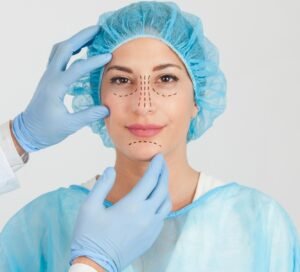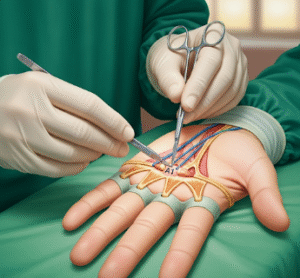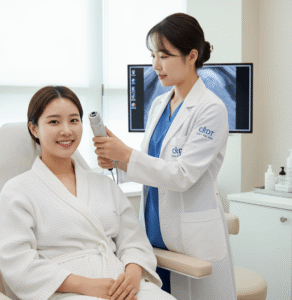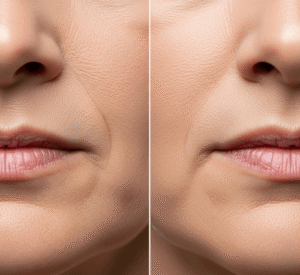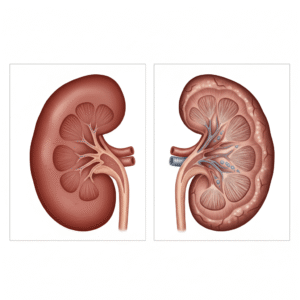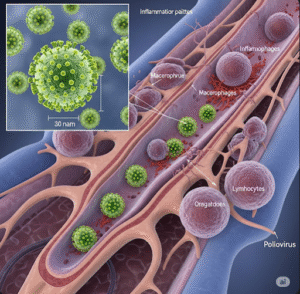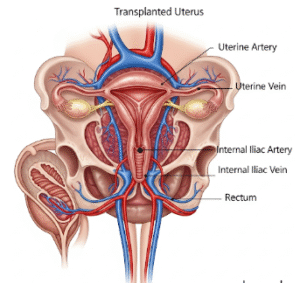Overview
Muscular Dystrophy (MD) is a group of inherited disorders characterized by progressive muscle weakness and degeneration. In Korea, advancements in genetic testing, rehabilitation programs, and multidisciplinary care have improved the diagnosis and management of MD. Leading hospitals, including Seoul National University Hospital, Asan Medical Center, and Samsung Medical Center, provide specialized treatment plans to help patients maintain mobility, manage complications, and improve quality of life.
What is Muscular Dystrophy?
Muscular Dystrophy refers to a group of genetic disorders that cause progressive weakening of skeletal muscles due to defects in muscle proteins. There are several types, with Duchenne Muscular Dystrophy (DMD) being the most common in children, and Becker Muscular Dystrophy (BMD) presenting later with slower progression. MD can affect muscles used for movement, breathing, and cardiac function.
Symptoms
- Progressive muscle weakness, often starting in the legs and pelvis
- Difficulty walking, frequent falls, or waddling gait
- Muscle cramps or stiffness
- Enlarged calf muscles (pseudohypertrophy) in some types
- Difficulty climbing stairs or standing from a seated position
- Respiratory difficulties in advanced stages
- Heart problems (cardiomyopathy) in some types
- Fatigue and reduced endurance
Causes
- Genetic mutations affecting muscle proteins (e.g., dystrophin gene in DMD/BMD)
- Inherited in X-linked, autosomal dominant, or autosomal recessive patterns depending on the type
- Spontaneous mutations may occur without family history
Risk Factors
- Family history of muscular dystrophy
- Male gender (for X-linked types like Duchenne and Becker)
- Certain ethnic or genetic backgrounds may influence prevalence
Complications
- Loss of independent mobility and wheelchair dependence
- Respiratory failure due to weakened diaphragm and chest muscles
- Heart complications, including cardiomyopathy or arrhythmias
- Scoliosis or spinal deformities
- Difficulty swallowing (dysphagia) in advanced stages
- Increased susceptibility to infections
Prevention
- There is no known way to prevent MD
- Genetic counseling for families with a history of muscular dystrophy
- Prenatal testing and carrier screening in high-risk families
- Early intervention and physical therapy to slow progression and maintain function
Treatment Options in Korea
Korean hospitals provide a combination of medical, surgical, and supportive care to manage symptoms and complications of MD.
- Diagnosis
- Genetic testing for dystrophin and other relevant genes
- Muscle biopsy to examine structural abnormalities
- Blood tests for elevated creatine kinase (CK) levels
- Electromyography (EMG) to assess muscle activity
- Medical Treatments
- Corticosteroids (e.g., prednisone) to slow muscle degeneration
- Heart medications for cardiomyopathy or arrhythmias
- Respiratory support for weakened breathing muscles
- Pain management and anti-inflammatory medications
- Rehabilitation & Supportive Care
- Physical therapy to maintain muscle strength and joint flexibility
- Occupational therapy to support daily activities
- Respiratory therapy and use of ventilatory support if needed
- Nutritional support to maintain healthy weight and prevent complications
- Advanced & Surgical Care
- Orthopedic surgeries for scoliosis or joint contractures
- Cardiac interventions for heart complications
- Assistive devices for mobility and independence
- Leading Hospitals in Korea
- Seoul National University Hospital – Genetic testing and multidisciplinary care
- Asan Medical Center – Pediatric neurology and rehabilitation programs
- Samsung Medical Center – Comprehensive management including respiratory and cardiac support
- Yonsei Severance Hospital – Long-term monitoring, supportive therapies, and counseling
- Long-Term Follow-Up
- Regular cardiac and respiratory assessments
- Ongoing physical therapy and occupational support
- Psychological support for patients and families
- Participation in clinical trials for novel therapies


